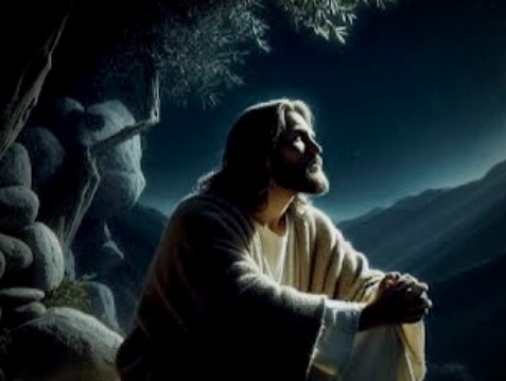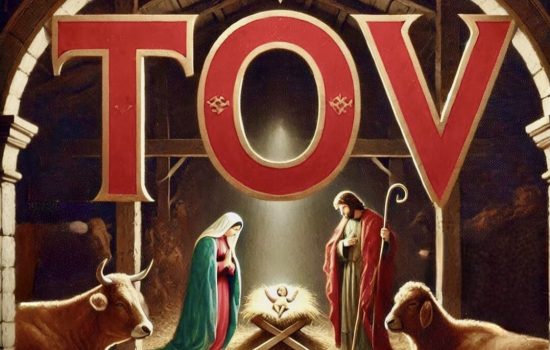The synoptics transmit to us all the characteristics of an agony.
Jesus declares that he feels “sorrow of death” (Mt 26:37). An agonizing person, first is he who doesn’t want to die: feels terrified by death. The evangelists (Mk 14:33; Mt 26,37) bring the word dread, which means the same thing. At the same time, the agonizing feels so bad physically and psychically that he would not like to continue living. Feels tedium (Expression of the evangelists) for life. Nausea, we vulgarly say. If you don’t want die, if he does not want to live, the agonizing person is a being disintegrated by contradictory forces that pull him in different directions.
Precisely—and essentially—that was Jesus that night: a being brutally pulled in two directions by two opposing forces: “what I want” and “what you want”.
“What I want” dominated during the first time. In the name of reason, of piety and common sense all the questions were raised. The voice of Jesus It came from the deepest depths. Curtail a youth when shines so many hopes Why? Holy Father, a useless and meaningless ending, why? Life was so beautiful, Father, I felt so happy making others happy, and now you take away the joy of communicating happiness, why? A man can lose battles and win a war; A man can win battles and lose a war, and you corner me against this alternative, why? Don’t you love me so much? Aren’t you, my Father? Isn’t it true that you can do everything? Couldn’t you exchange this chalice for another? Why must it be precisely this chalice? And so, all the voices of protest arose, but, in the end, I don’t know where Jesus pulled the oblation energies, and cutting the throats of all the voices, he says: My Father, up until now, I have uttered only foolish words. Better yet, it wasn’t me who spoke. The “flesh” spoke; however now I will give my word: Not! what I want; Yes! what you want.
The synoptics specify that Jesus repeated the same words many times. We may have convictions; but the important thing is for those to reach the emotional depth of
where decisions are born. It is also possible that Jesus was in extreme aridity that night. And that is why the needed to repeat the same words many times.
Never had Jesus achieved such greatness as in that moment “obedient unto death” a cross’s death” (Phil 2:8). And identified with “what the Father wants”, he gives himself,
full of peace, in the hands of his executors….
From this moment until he ends on the cross, Jesus is, in the annals of history of humanity, a unique case of greatness: everything seems like an offering of love. We discover no grimace of bitterness, no complaint; advance through the scenes without resistance with infinite peace, with invulnerable serenity, abandoned as a humble child in the hands of his dear Father in the middle of a storm of strikes, insults and whippings.
They slander him: he does not defend himself. They insult him: he does not respond. They beat him: he does not protest. With such a majesty that the successive judges seem like prisoners and his silence seems like the judge. Like a sheep before the shearer, like a lamb being led to the slaughterhouse. Jesus “is taken” by the storm, abandoned unconditionally and trustingly in the designs of his beloved Father until, as a symbol of the abandonment that was his entire life, he shall end up saying: «My beloved Father, into your hands I give my life» (Lk 23:46).
Taken from the book “Show me your Face” chapter 6 subtitle “The great crisis” by Father
Ignacio Larrañaga.









